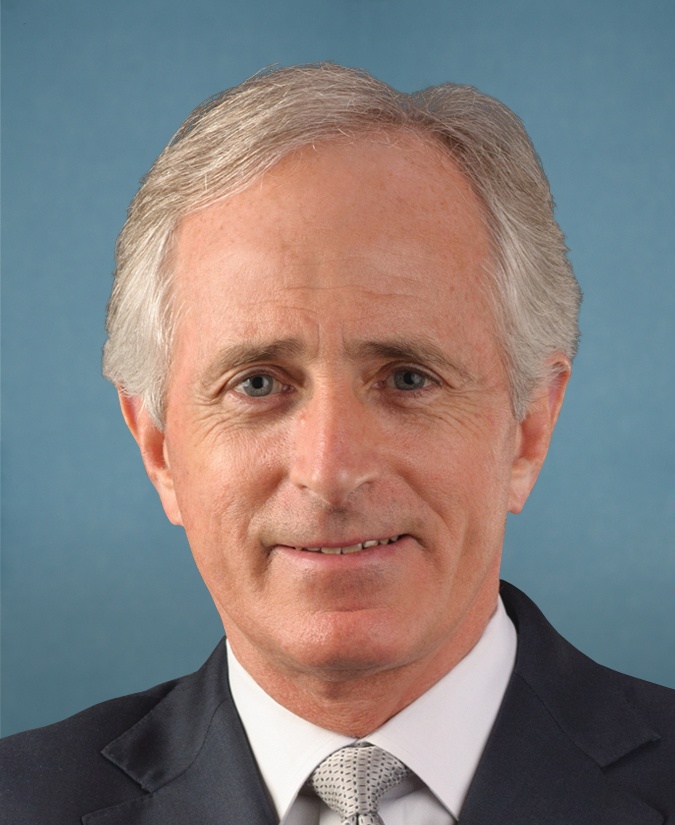- Did Freedom Win? No
- Voted for Freedom 41
- Voted Against Freedom 48
This amendment would fully repeal President Obama’s “Affordable Care Act” because it will kill jobs, bankrupt the government, drive up everyone’s health insurance costs, put bureaucrats in charge of our health care, and ruin the world’s best health care system.
This vote was on waiving a point of order against the amendment. The vote failed, killing the amendment.
Legislator's Votes
Voted for Freedom
- Voted for Freedom? Yes
- Session Score 0%
- Voted for Freedom? Yes
- Session Score 0%
- Voted for Freedom? Yes
- Session Score 70%
- Voted for Freedom? Yes
- Session Score 0%
- Voted for Freedom? Yes
- Session Score 30%
- Voted for Freedom? Yes
- Session Score 0%
- Voted for Freedom? Yes
- Session Score 0%
- Voted for Freedom? Yes
- Session Score 0%
- Voted for Freedom? Yes
- Session Score 0%
- Voted for Freedom? Yes
- Session Score 30%
- Voted for Freedom? Yes
- Session Score 0%
- Voted for Freedom? Yes
- Session Score 30%
- Voted for Freedom? Yes
- Session Score 30%
- Voted for Freedom? Yes
- Session Score 0%
- Voted for Freedom? Yes
- Session Score 0%
- Voted for Freedom? Yes
- Session Score 0%
- Voted for Freedom? Yes
- Session Score 30%
- Voted for Freedom? Yes
- Session Score 30%
- Voted for Freedom? Yes
- Session Score 80%
- Voted for Freedom? Yes
- Session Score 0%
- Voted for Freedom? Yes
- Session Score 0%
- Voted for Freedom? Yes
- Session Score 0%
- Voted for Freedom? Yes
- Session Score 0%
- Voted for Freedom? Yes
- Session Score 90%
- Voted for Freedom? Yes
- Session Score 0%
- Voted for Freedom? Yes
- Session Score 88.9%
- Voted for Freedom? Yes
- Session Score 0%
- Voted for Freedom? Yes
- Session Score 0%
- Voted for Freedom? Yes
- Session Score 30%
- Voted for Freedom? Yes
- Session Score 30%
- Voted for Freedom? Yes
- Session Score 50%
- Voted for Freedom? Yes
- Session Score 88.9%
- Voted for Freedom? Yes
- Session Score 0%
- Voted for Freedom? Yes
- Session Score 30%
- Voted for Freedom? Yes
- Session Score 0%
- Voted for Freedom? Yes
- Session Score 40%
- Voted for Freedom? Yes
- Session Score 0%
- Voted for Freedom? Yes
- Session Score 0%
- Voted for Freedom? Yes
- Session Score 30%
- Voted for Freedom? Yes
- Session Score 0%
- Voted for Freedom? Yes
- Session Score 30%
Voted Against Freedom
- Voted for Freedom? No
- Session Score 0%
- Voted for Freedom? No
- Session Score 0%
- Voted for Freedom? No
- Session Score 0%
- Voted for Freedom? No
- Session Score 10%
- Voted for Freedom? No
- Session Score 0%
- Voted for Freedom? No
- Session Score 10%
- Voted for Freedom? No
- Session Score 60%
- Voted for Freedom? No
- Session Score 60%
- Voted for Freedom? No
- Session Score 10%
- Voted for Freedom? No
- Session Score 10%
- Voted for Freedom? No
- Session Score 10%
- Voted for Freedom? No
- Session Score 0%
- Voted for Freedom? No
- Session Score 50%
- Voted for Freedom? No
- Session Score 60%
- Voted for Freedom? No
- Session Score 0%
- Voted for Freedom? No
- Session Score 0%
- Voted for Freedom? No
- Session Score 10%
- Voted for Freedom? No
- Session Score 0%
- Voted for Freedom? No
- Session Score 0%
- Voted for Freedom? No
- Session Score 0%
- Voted for Freedom? No
- Session Score 0%
- Voted for Freedom? No
- Session Score 0%
- Voted for Freedom? No
- Session Score 10%
- Voted for Freedom? No
- Session Score 0%
- Voted for Freedom? No
- Session Score 0%
- Voted for Freedom? No
- Session Score 0%
- Voted for Freedom? No
- Session Score 0%
- Voted for Freedom? No
- Session Score 0%
- Voted for Freedom? No
- Session Score 66.7%
- Voted for Freedom? No
- Session Score 0%
- Voted for Freedom? No
- Session Score 66.7%
- Voted for Freedom? No
- Session Score 70%
- Voted for Freedom? No
- Session Score 60%
- Voted for Freedom? No
- Session Score 0%
- Voted for Freedom? No
- Session Score 0%
- Voted for Freedom? No
- Session Score 0%
- Voted for Freedom? No
- Session Score 10%
- Voted for Freedom? No
- Session Score 0%
- Voted for Freedom? No
- Session Score 70%
- Voted for Freedom? No
- Session Score 10%
- Voted for Freedom? No
- Session Score 10%
- Voted for Freedom? No
- Session Score 10%
- Voted for Freedom? No
- Session Score 70%
- Voted for Freedom? No
- Session Score 0%
- Voted for Freedom? No
- Session Score 0%
- Voted for Freedom? No
- Session Score 0%
- Voted for Freedom? No
- Session Score 10%
- Voted for Freedom? No
- Session Score 60%


























































































